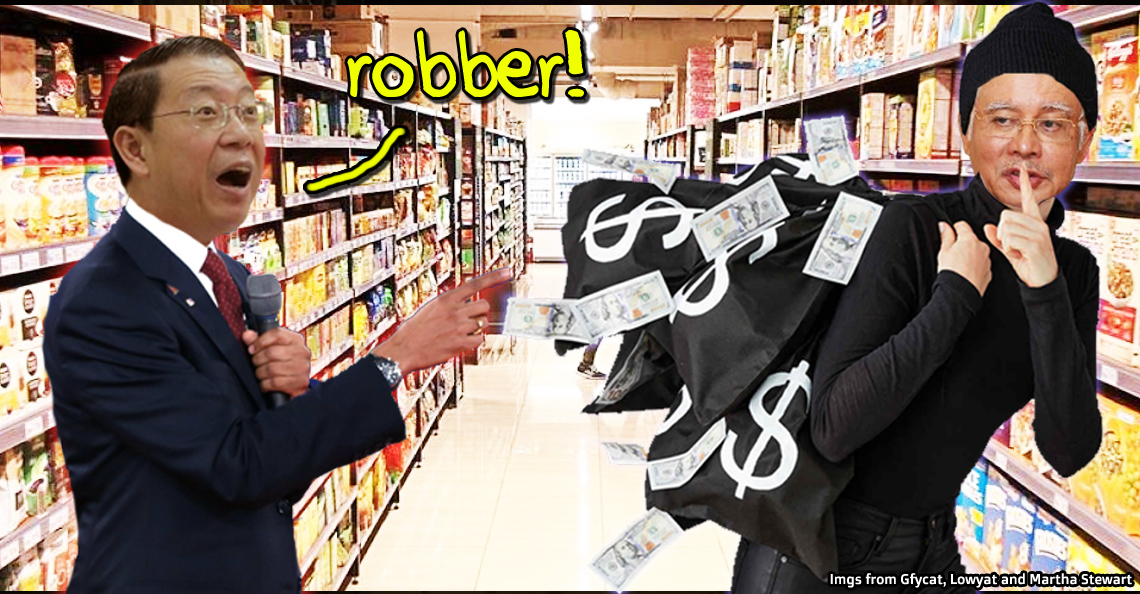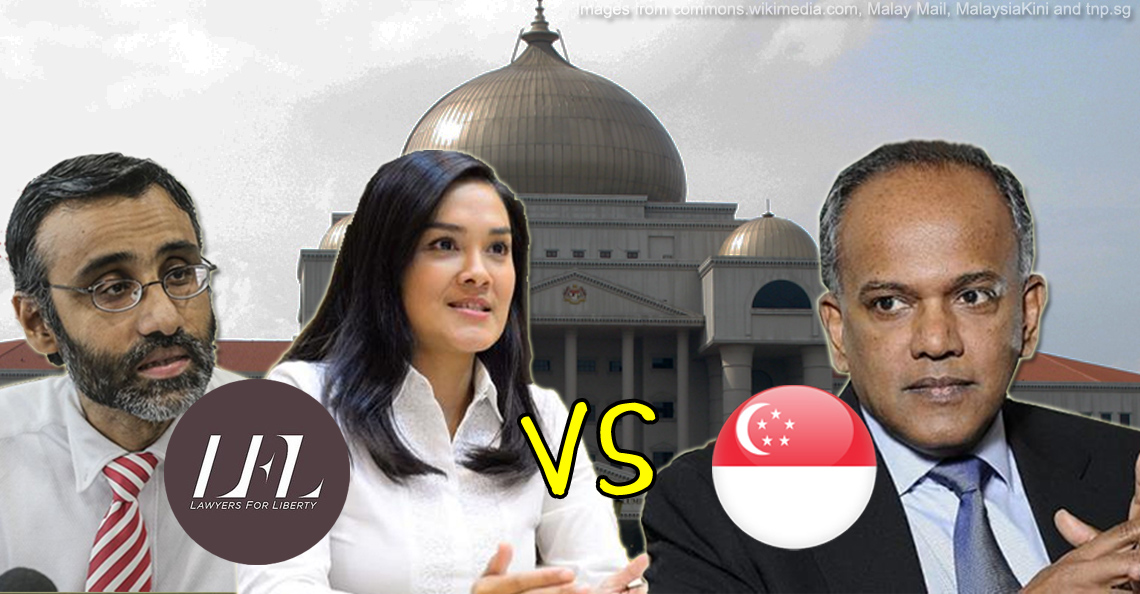The gomen can now saman malu individuals. Here’s a simple guide of what happened.

- 274Shares
- Facebook236
- Twitter1
- LinkedIn8
- Email7
- WhatsApp22
In Malaysia, suing someone for defamation (or saman malu, as we peasants call it) is kind of a glamorous yet common affair. Celebrities kena, politicians kena, and even school principals also kena. Technically anyone (or anything) with a reputation to protect could sue someone for defamation, so… can the government sue people for talking smack about them?
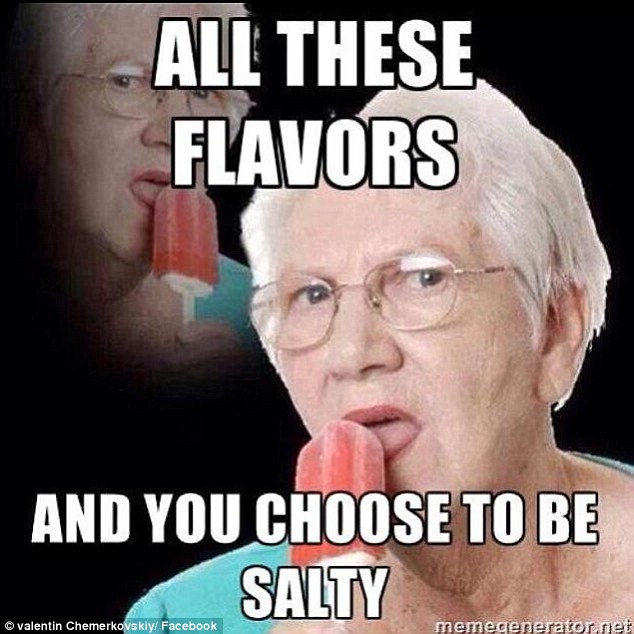
It’s a slightly controversial thing to do, which is why many people got worked up when the Federal Court in Putrajaya decided that the government can now sue people for talking smack about them. Now you might be thinking… eh wait up, can’t the government already do that? Technically yes (we’ll get to that later), and they’ve tried before, but this might be the first time they’ve succeeded.
Whoah. Must have been some serious defaming going on, huh? Well, it’s not so much about the allegation but more of how our judges interpret the law.
The Derbyshire principle (used to) prevent the government from suing for defamation
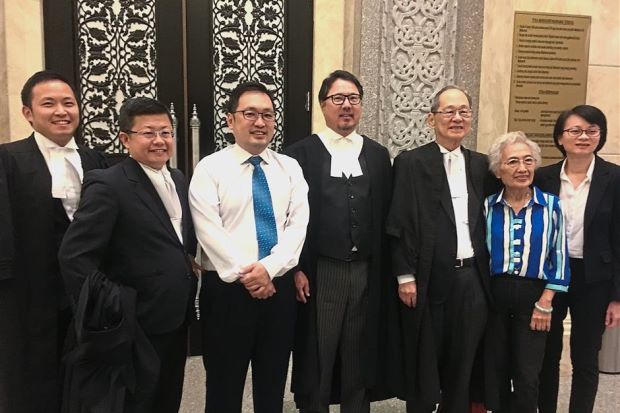
Back in 2012, Chong Chien Jen, then the Kota Sentosa assemblyman, had published a press statement which alleged that RM11 billion of the people’s money in Sarawak had disappeared into a ‘black hole’. This press statement was published by several news sites, including Sin Chew Daily and Malaysiakini, although we couldn’t find it at the time of writing. The Sarawak Government as well as the state’s Financial Authority did not take that sitting down, so in April 2013 they filed a saman malu against Chong.
However, the Kuching High Court decided that both the government and the financial authority cannot sue Chong for defamation, because of a little something called the Derbyshire Principle. See, Chong wasn’t the first person to be sued by his or her government for saying mean stuff. There were several other cases in the past, but a landmark case in 1993 between the county of Derbyshire (a place in London) and a newspaper company called Times Ltd changed that.
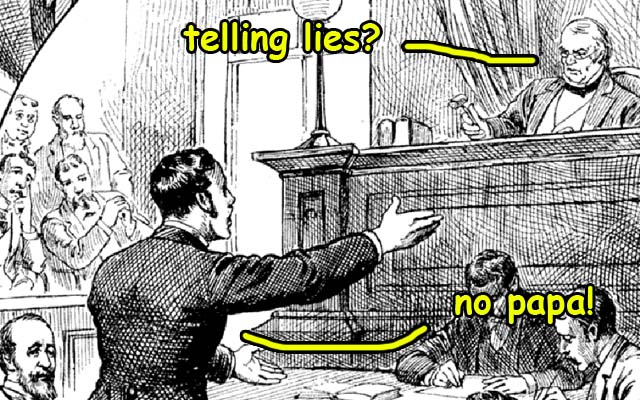
Times Ltd was sued by the Derbyshire County Council for publishing articles that questioned the legitness of the council’s investments involving a pensions fund, but the judges in that case find it messed up for a government to be suing people criticizing it, as allowing them to do so would discourage people from speaking up, hampering free speech. Besides, governments, being political and administrative bodies, should be open to criticism from the people paying them anyways, so it was decided then that governments cannot sue for defamation. However, its individual members (like companies under it and people working for the government) can.
This decision was later adopted as a common law in Malaysia, and became known as the Derbyshire principle. It was first used when Adnan Yaakob (former Pahang MB) tried to sue Utusan Malaysia in 2014 for tarnishing his reputation in an article they published. However, Utusan appealed that the criticism was directed at Adnan because he was the head of the local government, making the Derbyshire principle applicable. The Court struck out Adnan’s suit, and he and Utusan settled the matter by themselves.

The Derbyshire Principle was again used in Lim Guan Eng’s suit against Perkasa, New Straits Times and Utusan Melayu in 2016, with the outcome saying that Lim cannot sue the media for defamation as the Chief Minister of Penang. However…
Recently, the Federal Court had deemed that it does not apply to Malaysia
Back to Chong Chien Jen’s case. After it was ruled that the Sarawak gomen cannot sue Chong for defamation, the government appealed against it. After some deliberation, in 2016 the Court of Appeal decided that the Derbyshire Principle does not apply to Malaysia, as the Federal Constitution had already imposed restrictions on freedom of speech.
Also, we already have the Government Proceedings Act 1956 (Act 359), which Section 3 states that the government has the right to sue for anything that would have brought on a civil proceeding had it happened between other people who are not the government. In peasant-speak, if a guy could slap another guy with a saman malu, so can the government slap someone with a defamation suit for malu-ing it.
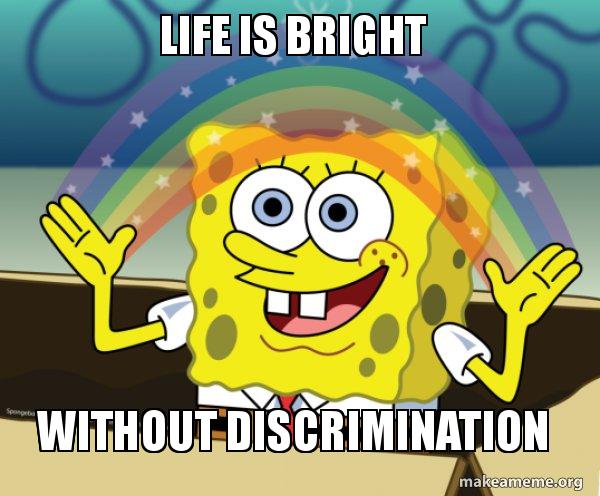
The head judge in that case, Justice Datuk Abdul Rahman Sebli, had noted that the ruling did not suggest that the government is free from reproach, but that people cannot defame the government.
“…anything that is said about the government that has a tendency to lower its reputation in the estimation of right-thinking members of the public, or to expose it to hatred, contempt or ridicule, will give rise to a cause of action in defamation,” – Justice Datuk Abdul Rahman Sebli, as reported by the New Straits Times.
Chong had since appealed against the Sarawak’s government’s appeal against his earlier appeal, but last month his appeal was dismissed. This decision will probably set a precedent for future cases, so it won’t be exaggerating to say that the government can now sue people for criticizing them, by labeling it as defamation.
The move didn’t go well with many law people
Since the verdict was passed, several people had spoken up against it, including former Prime Minister Najib Razak. In a Facebook post, Najib had questioned why no activists or PH politicians had raised the issue, saying that he would be condemned had such a thing happened during his time. He had raised the point that the people would be at a disadvantage if the government was to sue them, as the government has more funds available for a legal battle. That is, they can just keep appealing if they lost until the other side runs out of money.
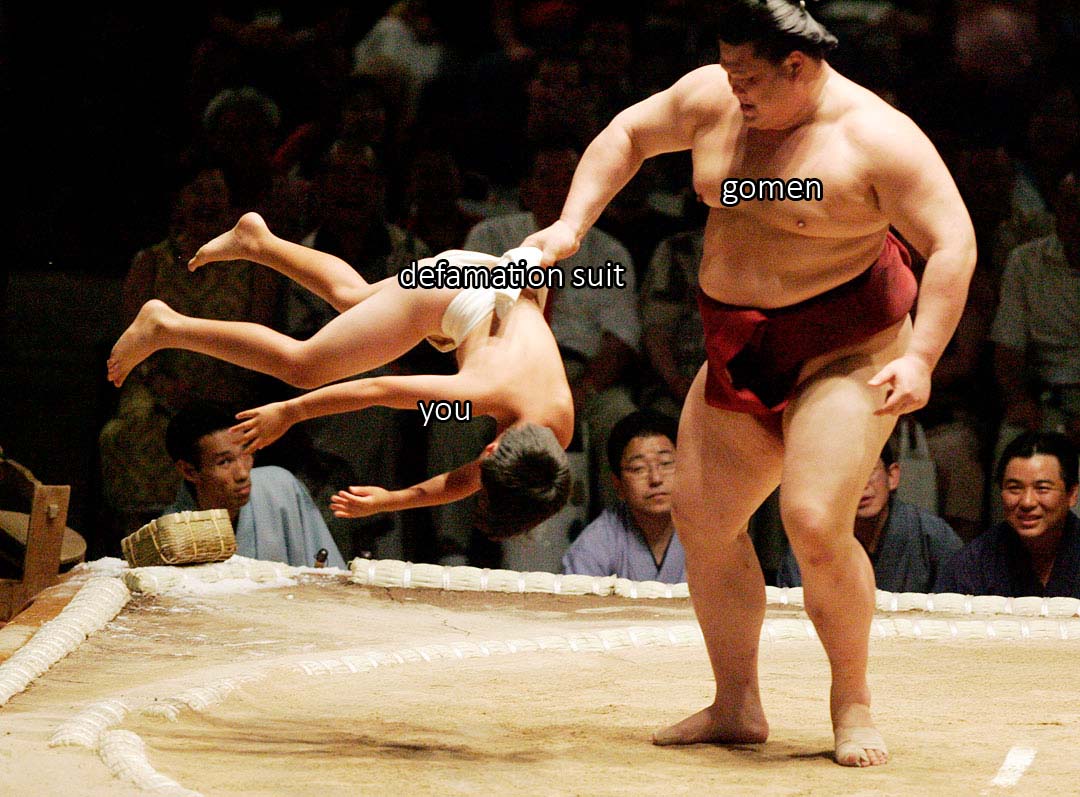
Hanipa Maidin, a Deputy Minister in the Prime Minister’s Department, had called for the Government Proceedings Act to be reviewed, as he felt that the judgment left much to be desired.
“As far as I am concerned, the decision by the English court in the Derbyshire case is very, very sound and should deserve our utmost respect. The Derbyshire judgment reflects the true nature of law on defamation vis-a-vis the sacred right of the people to say something – even seemingly defamatory – about their elected government. The government must not be given any right to sue for defamation, period,” – Hanipa Maidin, to MalaysiaKini, as quoted by The Star.
Others have called the ruling as unconstitutional, including the lawyer group Lawyers for Liberty. Its adviser, N. Surendran, was shocked at the ruling as it was done by drawing from the Government Proceedings Act, a pre-Merdeka act, to go against the rights of the public to criticize the government as implied in Articles 5 and 7 of the Federal constitution.
“It’s astonishing that in this day and age, the court can make a decision that goes against principles which operate in a democracy like ours… The government has no right to sue its citizens because when it does, it is using taxpayers’ money to sue taxpayers.” – N Surendran, LFL, to FMT.
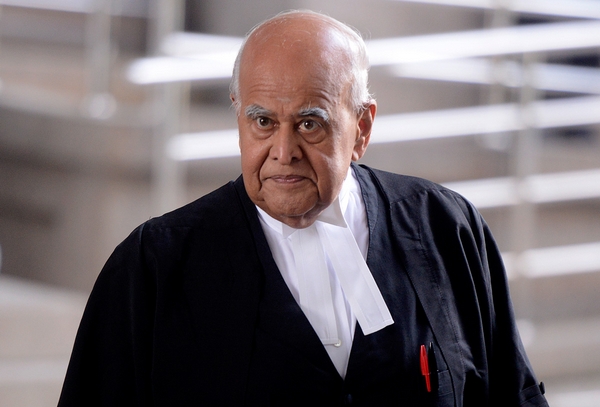
Holding the same view is Gopal Sri Ram, a retired senior judge, who added that to sue for defamation, the government must first have a cause of action (a valid reason, sort of), like protecting your reputation, but under the common law of England (which is part of our law system), the government does not have a reputation to protect, at least legally. Therefore, although the Government Proceedings Act had said that the government can sue like an ordinary person, it does not have a valid reason to do so, making the ensuing suing groundless.
Regardless of all these, the fact of the matter is that the ruling had been passed, so…
What will this ruling mean to everyday Malaysians?
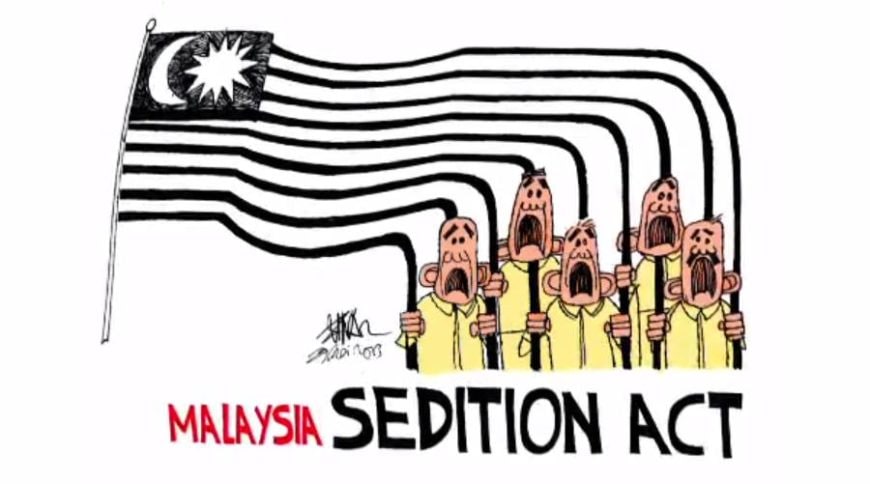
Perhaps the simplest way to overturn defamation is proving what you’re saying is the truth, but sometimes that can be hard. Government scandals or wrongdoings can sometimes be tightly guarded, and without the Derbyshire principle, journalists could have easily been silenced before they can get enough attention going on for people to seriously investigate those cases. And of course, without the media talking about it, it won’t be likely for the public to know about it too.
“We help the government to disseminate information to the public and I think politicians should not be allowed to sue the media as they wish as it will not only damage (the organization’s image) but will also instill fear in journalists. It is our responsibility to disclose pros and cons because we [sic] the fourth estate in the constitution,” – Chin Sung Chew, president of National Union of Journalists Malaysia, as reported by DailyExpress in 2016.
With the ruling being passed already and all, the situation can still perhaps be salvaged. As veteran lawyer Datuk Jahaberdeen had said, the power to sue for defamation gives the government a way to safeguard its image of transparency, accountability and integrity from malicious reporting and speeches, as long as it’s used responsibly.
“This, of course, must be distinguished from acceptable criticism of government policies, which is part of democracy,” – Datuk Jahaberdeen Mohamed Yunoos, to the New Straits Times.
Also, even though a judicial precedent had been set, the power to decide still lies with the judges in a case, so Lawyers for Liberty had suggested for the government not to sue any citizen for criticizing it, even if the Federal Court allows it.

With the new government rising to power earlier this year, the Prime Minister had promised somewhat to make the press a bit more free, but within limits.
“In the previous regime, we felt restricted. There were pro-this or pro-that newspapers, but we will not block their reports so long as it brings (a good) purpose… If they (media) intentionally make reports to cause chaos or tension, we will take action with specific laws,” – Dr Mahathir, as reported by Asian Correspondent.
Whether this new ruling will be used in line with that or otherwise will remain to be seen. So with all being said and done, do you think it’s right for the government to sue people for gossiping about them?
- 274Shares
- Facebook236
- Twitter1
- LinkedIn8
- Email7
- WhatsApp22

